Draft plan to overhaul general education: Drastic and positive changes
A draft plan to overhaul general education (Grades 1-12) that the Ministry of Education has been developing for the past three years envisages the most drastic and positive changes to education since 1945, Dr Pham Thi Ly, an educationist has opined.
Ly, dean of research programs at the International Education Institute, Vietnam National University – Ho Chi Minh city, said a consistent philosophy governs the draft and is embedded in every detail and element rather than just expressed as an empty statement.
This is a major change from previous reforms, she said.
 |
The conference was part of a bigger project to use the media to encourage citizens’ participation in policymaking, which is sponsored by Canada’s Department of Foreign Affairs, Trade and Development.
The conference, attended by numerous media outlets, sought to bring together officials, educators who penned the draft, independent experts and stakeholders - school managers, teachers, and parents who represent students’ interests.
Ly said the draft’s philosophy is embedded in such details as the qualities and abilities that students need to develop, flexible curriculums that give space for electives and follow an interdisciplinary approach at the lower levels and an inpidual, career-oriented one at the high-school level and a pedagogy that combines both lectures and activities.
But Ly had reservations, especially about the quality of teachers. She said the education ministry should not underestimate the tremendous challenge of (re)-training teachers to change a way of thinking that has been entrenched not just for decades but thousands of years: teachers read, students take notes.
She also suggested prioritizing an increase in teachers’ salaries, which are relatively low now, to give them the incentive to work before investing in infrastructure or teaching equipment.
If public schools’ budgets are limited, the government should focus on ensuring the best possible living standards for teachers and having the best curriculums rather than infrastructure, she said.
Parents who want better facilities can send their children to semi-public or private schools, which have more financial resources.
Assoc Prof Dr Do Ngoc Thong, deputy director of the ministry’s secondary education department, said however that increasing teachers’ salaries is a major issue that involves the Ministry of Finance and several other agencies, not just his ministry.
For its part, the education ministry is particularly interested in getting public feedback on curriculum-related issues such as what the specific mandatory and elective subjects, especially in high school, should be; how to develop new types of exams, tests and assessment appropriate for the new plan; and how the (re)-training of teachers will be conducted.
Ly and Teacher of Merit Dr Nguyen Tung Lam, chairman of the Hanoi Education Psychology Association, said another challenge the education ministry needs to address is to give schools autonomy and specify how.
Nguyen Tung Lam emphasized that schools must be clearly classified and given autonomy in all three aspects: administration, finance, and curriculum. Only with autonomy can school principals come up with creative ideas to lead their schools.
Nguyen Thi Thuan, principal of To Hoang Secondary School in Hanoi, said now schools cannot choose their teachers, whose employment is decided at various levels of the Ministry of Internal Affairs.
Nguyen Huy Cuong, journalist and head of Son An Film Studio, which develops visual and creative teaching methods, said to do the colossal amount of work needed to reform Vietnamese education now, one must approach problems from a new, “creative” way.
According to Cuong, for instance, if one sees 15, the age of 10th graders, as an age when students are very sensitive to other issues besides schooling and are easily influenced by outside sources of information, when they are interested in sex and prefer playing to studying, etc., the education system should not force them to spend more time than necessary to learn even some basic, important things, and design their curriculum accordingly.
Cuong cited teaching swimming at school as an example of thinking outside the box. A shocking reality at Vietnamese schools is that physical education teachers teach many sports but not swimming, he said.
Since swimming is too difficult to teach and pools are too expensive to build, he said one must change one’s philosophy about swimming.
Swimming, in Cuong’s opinion, should not be understood as teaching students to swim well and in various styles, but merely as being able to float on one’s own for 10 minutes since, based on general rescue statistics, if people in danger can float in water for an extra 10 minutes, the possibility of their being rescued increases by 70 percent.
As for building swimming pools, public schools can invite private investors to build and run them as businesses at non-school hours when schools don’t use them, he said.
Vo Truong Toan High school in District 12 has such a pool, which brings the school a precious VND50 million a month in revenues.
According to Tran Nhat Minh, RED’s CEO, the Canadian government-sponsored project finances around 15 studies of drafts and policy issues.
Each study will go through five steps: Choose a policy to study; invite experts to analyze and break down into problems; use the media to inform the public; collect public feedback to incorporate into a petition; and send the petition to relevant authorities.
The public can then continue to follow the process and voice more opinions through RED’s website and two Facebook pages./.
( VNF )
Recommended
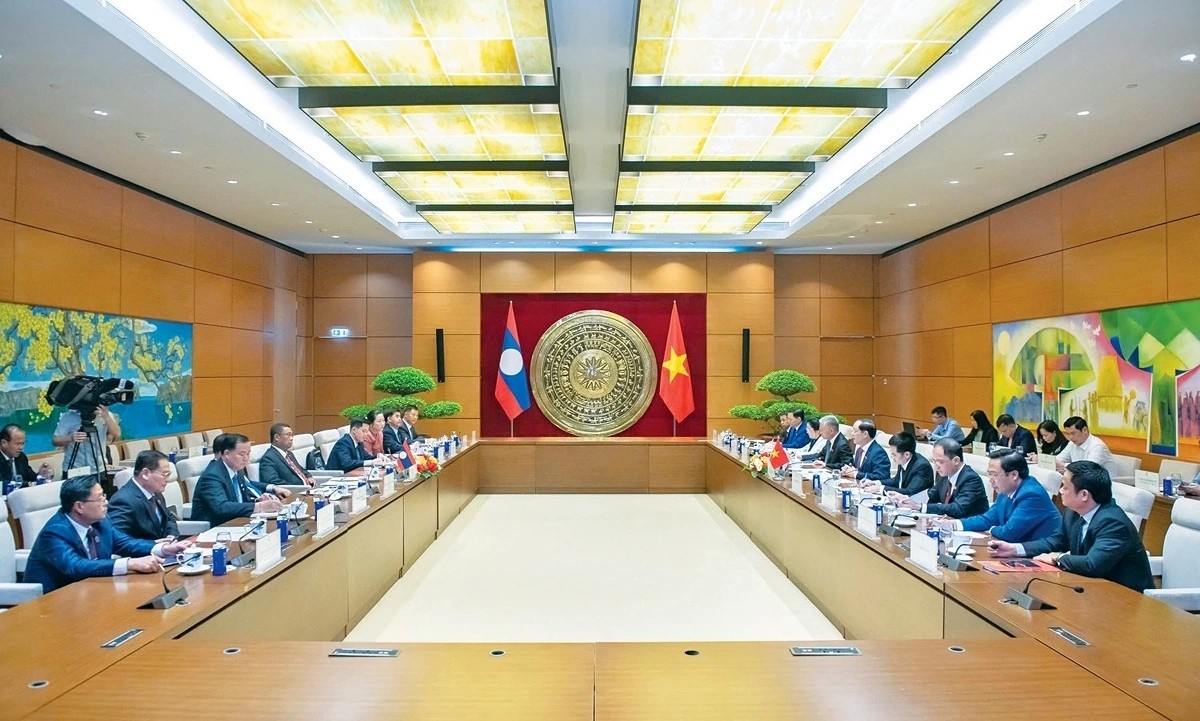 National
National
Vietnam News Today (Apr. 22): Vietnam And Laos Promote Parliamentary Cooperation
 National
National
Party Chief Attends Grand Art Performance Celebrating National Reunification
 National
National
Vietnam News Today (Apr. 21): International Troops to March in Vietnam’s Reunification Day Parade
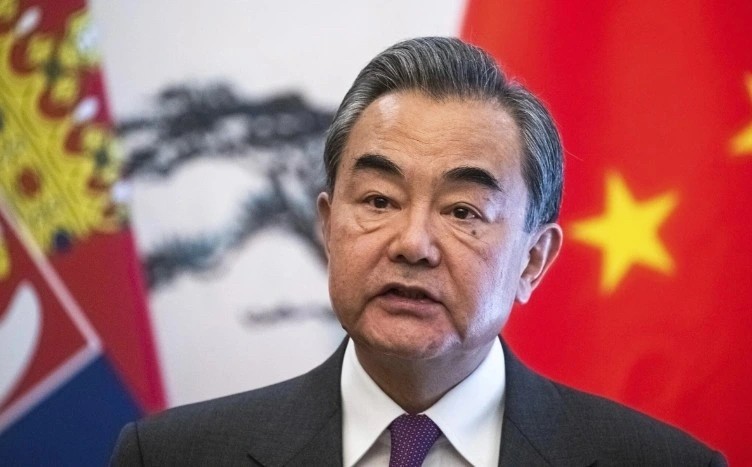 National
National
Vietnam News Today (Apr. 20): Vietnam, China to Deepen Ties with Strategic Future Vision
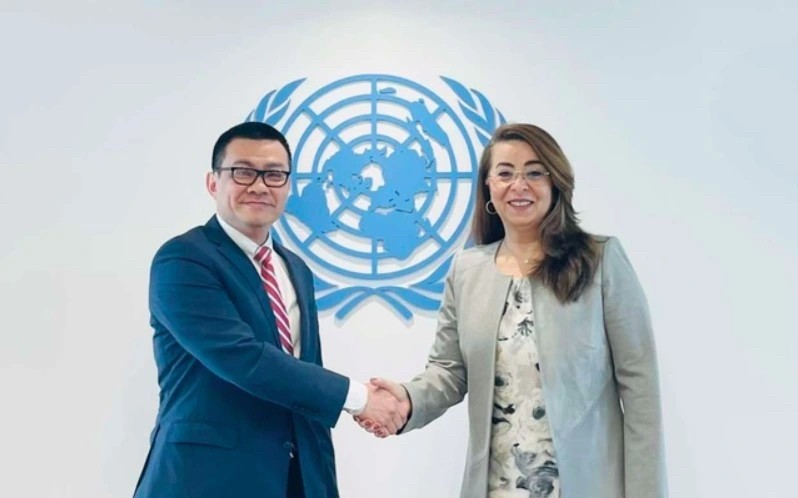 National
National
Vietnam News Today (Apr. 19): UN, Vietnam Step Up Efforts on Cybercrime Convention
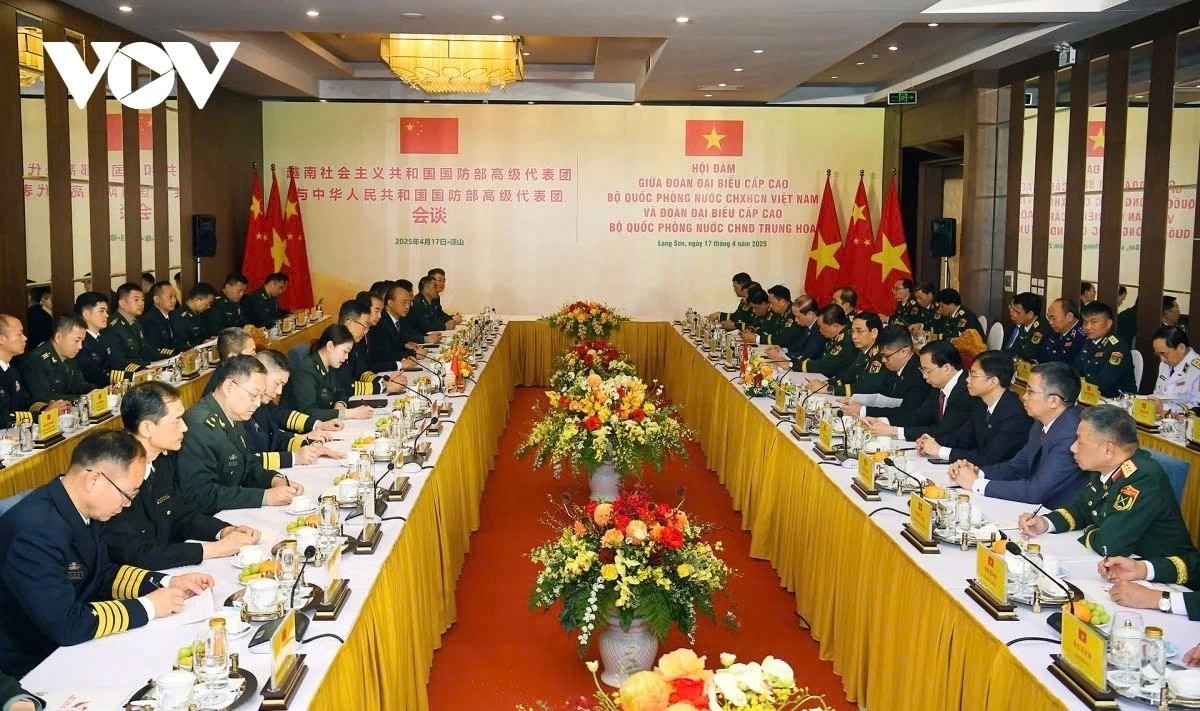 National
National
Vietnam News Today (Apr. 18): P4G Summit in Vietnam - Beacon of Hope for Global Climate Action
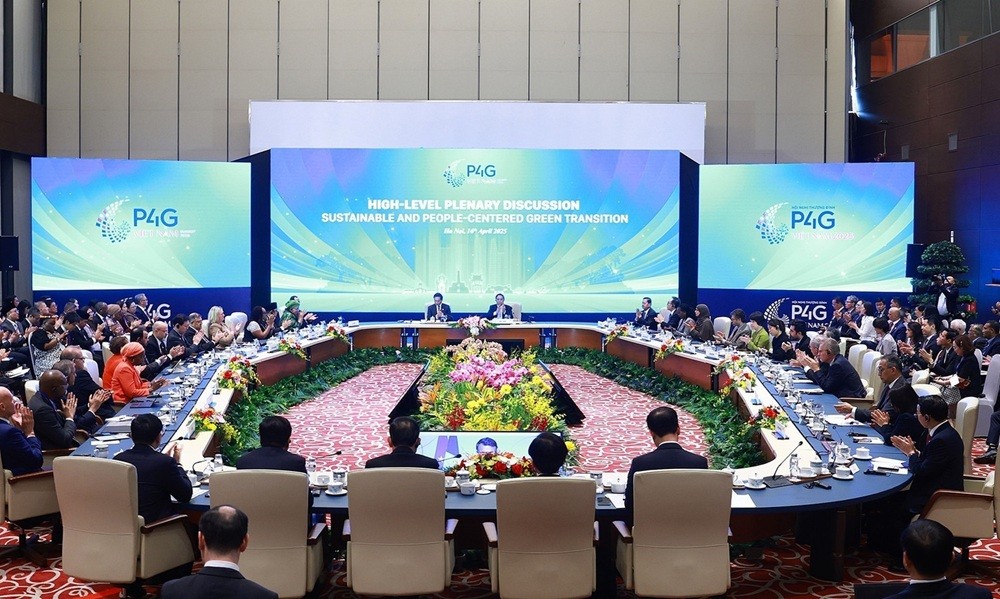 National
National
People must come first to achieve development goals: P4G
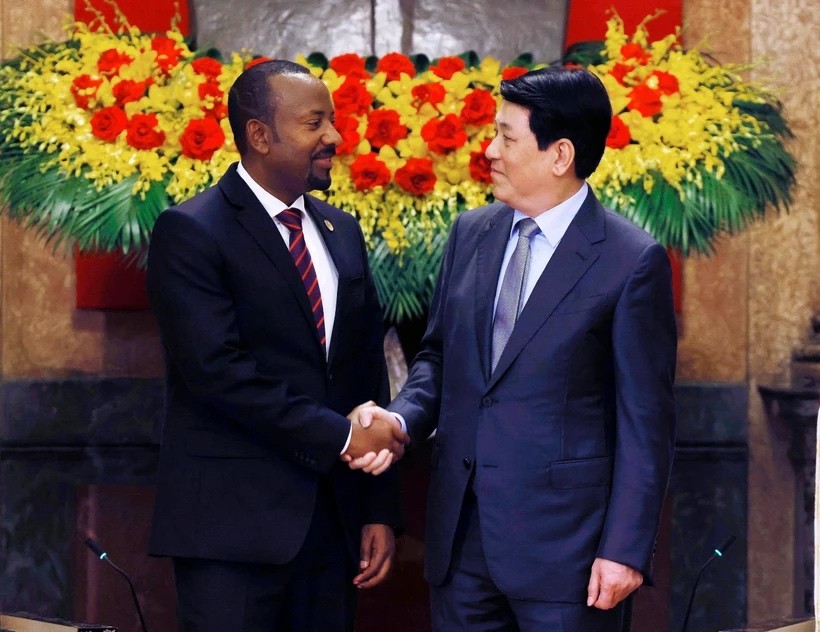 National
National
